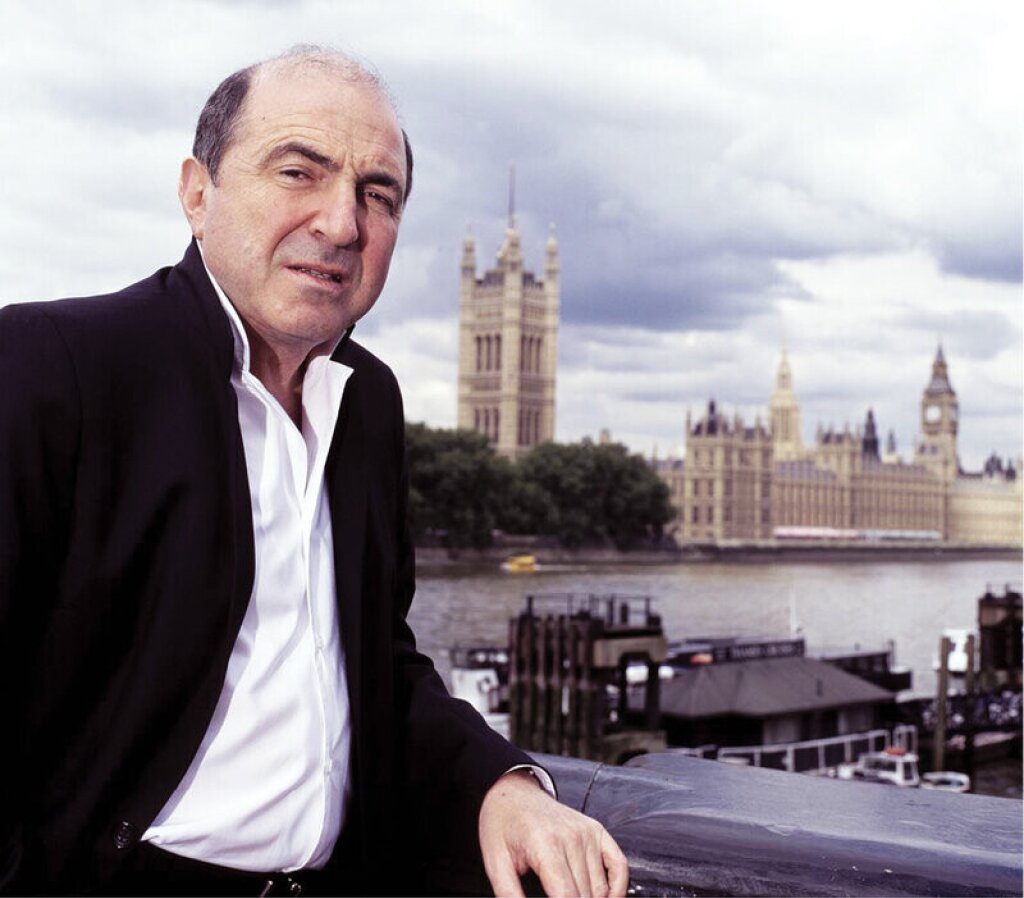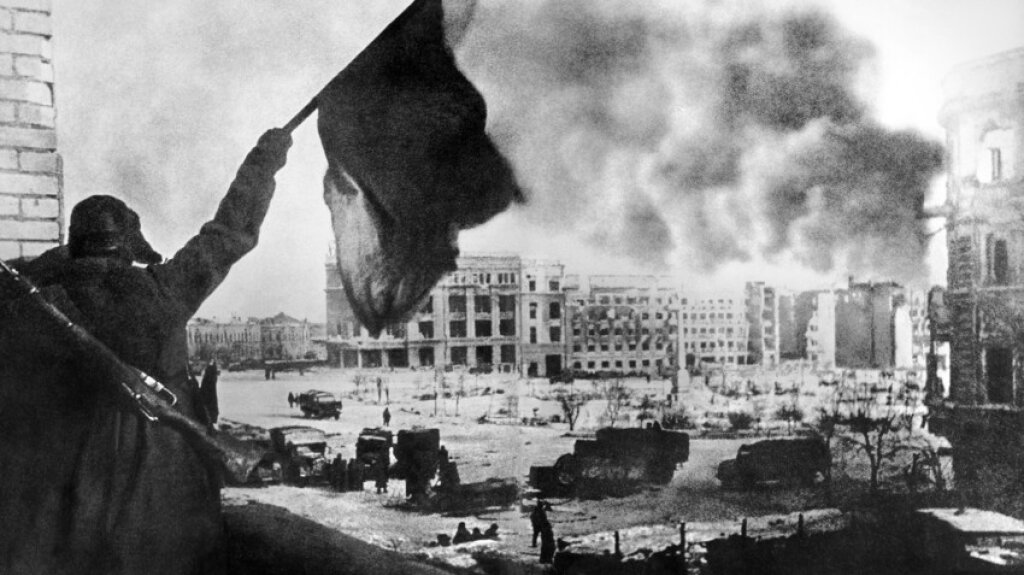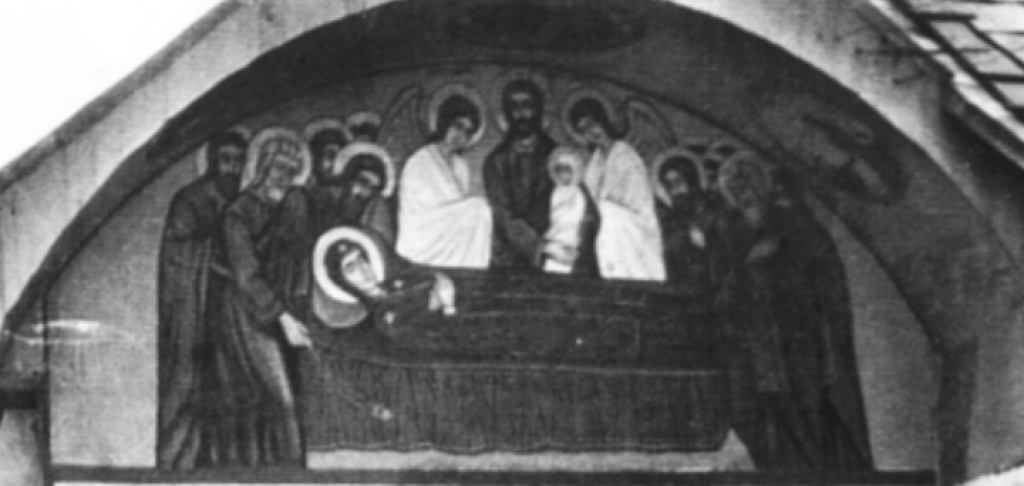Two days after his body was found by a bodyguard in his Berkshire home, Boris Berezovsky shocks the blogosphere by remaining deceased.
Berezovsky, a larger-than-life figure who served as the prototype for fictional tycoons in best-selling novels by Victor Pelevin and Alexander Prokhanov, not to mention inspiring a Russian film whose on-the-nose title ("Oligarch") left little to the imagination, is once again the object of intense speculation. Did he commit suicide? Was he the victim of a Kremlin-sponsored hit? Or did he die of a heart attack, thereby reducing an outsize Russian character to a sadly average data point in Russian male demographics?
The oligarchs who managed to spin post-Soviet chaos into gold (or oil) became household names in Russia, in both the homes of the impoverished and the palaces of the wealthy. Every country is fascinated by its richest men (and, occasionally, women); at this point, Donald Trump's greatest source of income would appear to be his fame. But the oligarchs of the Yeltsin Era inevitably occupied a great deal of people's headspace, far more than mere money would justify.
On Facebook, my colleague Mikhail Iampolskii described Berezovsky and his fellow magnates as "titans" of a "heroic period," noting that the tendency to paint Berezovsky as an evil mastermind made him something of a familiar literary type. But I believe what's at issue here is not the actual qualities of a given oligarch--we all have our favorites, after all. What made these men so titanic was not so much their actions, but the very fact of their existence and their prominence. Rather than see them in Homeric terms, I would say that these oligarchs represent that particular hybrid of wealth, celebrity, and personality that is closer to soap opera characters and the actors who play them.
The very fact that the tycoons of the 1990s so easily switch categories, moving from positive hero to villain and back again (whether in the official narrative or that of the oppositional intelligentsia) inflates and deflates their personalities at the same time. Like Baba Yaga in Russia folklore, the same oligarch can be both a "good guy" and a "bad guy." Boris giveth, Boris taketh away. If there roles were more stable, the oligarchs could rise (or sink) to the level of archetypes in a Jungian collective unconscious. But rather than symbols, the oligarchs are the colorful characters in a national melodrama.
Berezovsky's death opens a vacancy in official Russian demonology, but one that is quite easy to fill (Givi Targamadze has been an understudy for this role for at least a year now). Otherwise, the drama, such as it is, continues.



